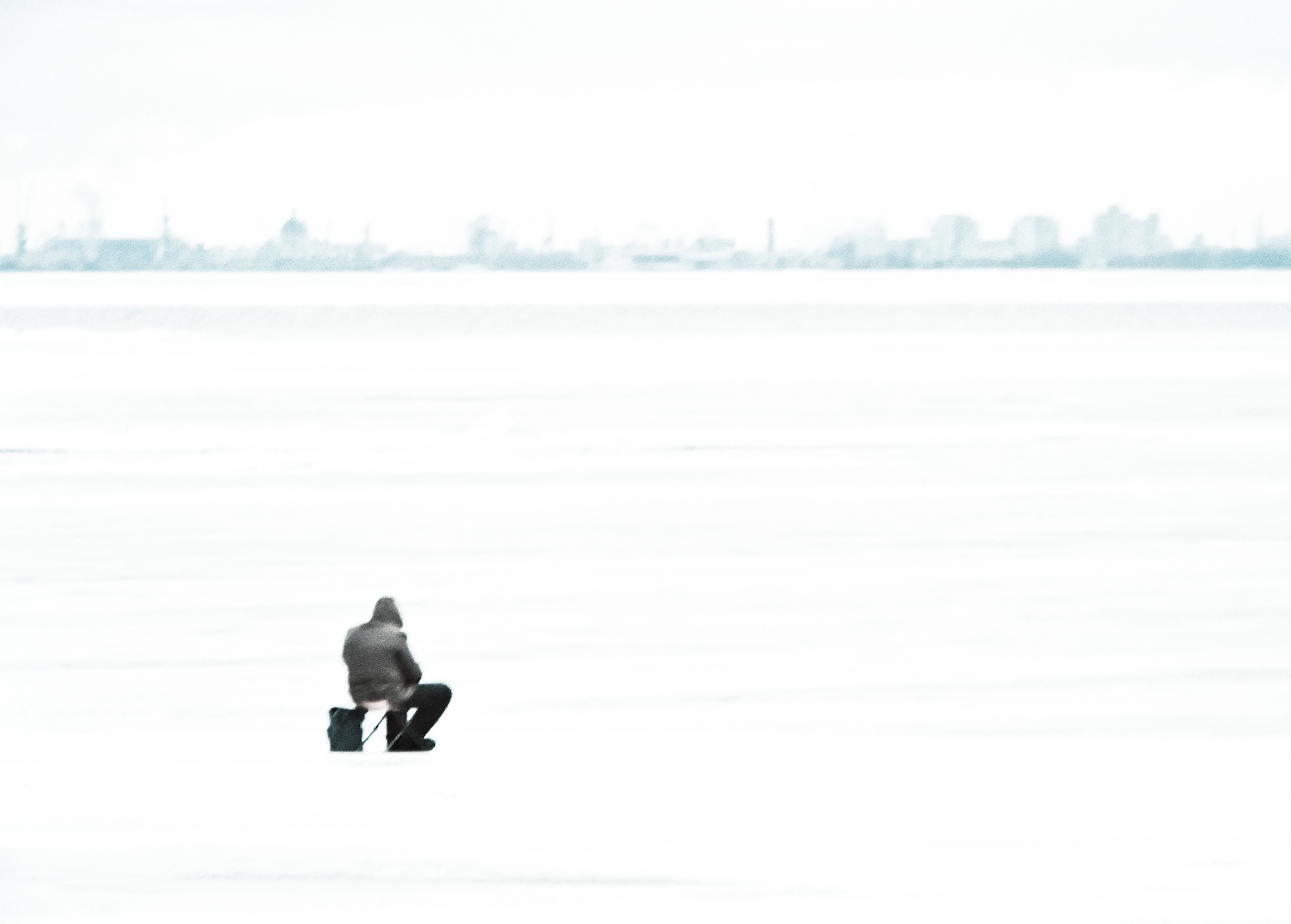Handing the controls over to the listener might not be the best advice in every case for broadcasting radio. But, when one is trying to create a month long sound walk it seemed the obvious thing to do.
With COVID constraining many people for meeting up outdoors, we at walk · listen · create looked at ways in which we could develop sound walking initiatives which individuals could contribute to, on a daily walk. So was born 30 Days of Walking.
It’s a simple idea – invite people to submit short pieces, at different times, on each day of Sound Walk September, and roll these together as one long walking piece. To get involved, all you need to do is register on our website, book a time and day for when you will take a walk, and on that walk record something. It could be just the soundscape or the sound of your footsteps or a conversation you have, even if it is only with yourself, or something that you overhear. Whatever it is and for whatever duration, save it and upload it to 30 Days of Walking. Add a photo to your entry and that’s it. From then on anyone visiting 30 Days of Walking can drop in and listen to your walk.
Sound Walk September began with an engaging launch event to which award-winning author and radio producer Horatio Clare joined a walk · listen · café, to share his experiences of making ‘Slow Radio’.
Conceived by Alan Harvey at BBC Radio 3, the concept involved Horatio taking a very long walk and narrating a commentary inspired by the landscape through which he walks, and the animals and people that he encounters.
Horatio explained that making Slow Radio was a team effort, with the sound recordist having the most pressured task, for if he doesn’t get it right, there isn’t any Slow Radio.
Horatio: “[Slow Radio involves] lots of space, lots of ambient sounds and a sense of unheard rhythms… it’s as if the listener is your companion, accompanying you as you walk, and with whom you you are happy to share ‘easy silences’.”
As Horatio explained, you don’t want the narrator to get in the way of the listener’s experience of the long walk. He likened a Slow Radio production to a children’s picture book in which the little text there is only takes up a tiny portion of the book.
Each of us don’t have the resources of the BBC, let alone the finances to employ skilful sound recorders or editors to work hours to shape the sound walks that we produce. In fact for many of us we have to be ‘Jack’s of all trades’, not just composing or narrating, but recording and editing, however what is key is to develop “a feel on behalf of the audience, a consideration of the listener at all times.”
So the arc of sound walks is as crucial as an arc is in any good story, and it must include the different registers. similar to the shades of weather that you might encounter on a walk
Last Christmas, BBC Radio 3 broadcast a walk in Greenland along the Arctic Circle Trail, in which Horatio described what is possibly the last wilderness, a strange spirit world. COVID might have put paid to their planned journey to the Faroe Islands but Horatio and his colleagues studio manager and editor, Jeremy Evans, and and sound recordist Andy Fell, are still hopeful of a trip to Bardsey, the Farne Islands and Fairisle, “looking at Britain from the very edge.”
So we call on you ‘dear reader’ to step out and record a sound walk during during Sound Walk September. Simply book a time and date at 30 Days of Walking, take your smartphone or recorder, and then submit your recording to our citizen-sourced Slow Radio.
Later in the month on Thursday, the 17th of September, we are delighted to have Jeremy Evans and Andy Fell joining John Beauchamp and Martin P Eccles to discuss Walking slowly and recording the unknown.
This should be an intriguing exploration of what goes on behind the mic and how great and compelling sound walks and Slow Radio are produced.


